Iconic Action Star Carl Weathers Passes Away At 76 Years Old
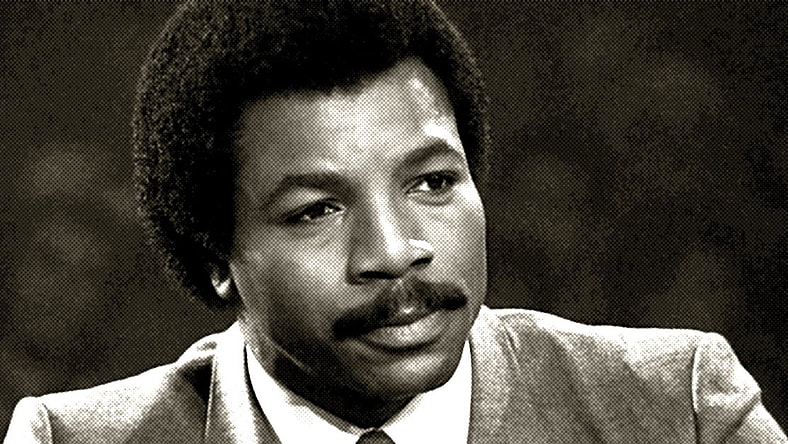
Longtime movie fans were shocked to learn that Carl Weathers, best-known for his portrayal of Apollo Creed in Sylvester Stallone’s Rocky film franchise, had died on February 1st, 2024. Weathers captivated audiences with his signature brand of high energy and charisma, which he channeled effectively into his various film and TV roles over the years.

RELATED: Carl Weathers Explains Greef Karga’s Outlandish Clothes In ‘The Mandalorian’ Season 3 Trailer
Born in New Orleans in 1948, Weathers pursued a passion for athleticism early on in his life, which he would quicky parlay into a college football career in the late 60s as a defensive end for the Oakland Raiders. That would last five seasons, with Weathers migrating from the Raiders, to the Canadian B.C. Lions, and later, the Detroit Lions.
Weathers was remarkably candid about his own abilities, telling the Washington Post in a 1979 interview that, “I was good enough to fool them, but never dedicated enough to become a great player. Up to a point, everybody can capitalize on the fact that nobody knows what’s going on. I could make coaches believe I could do what they wanted me to do, but that’s not the same as pushing yourself. The great ones are willing to work harder.”
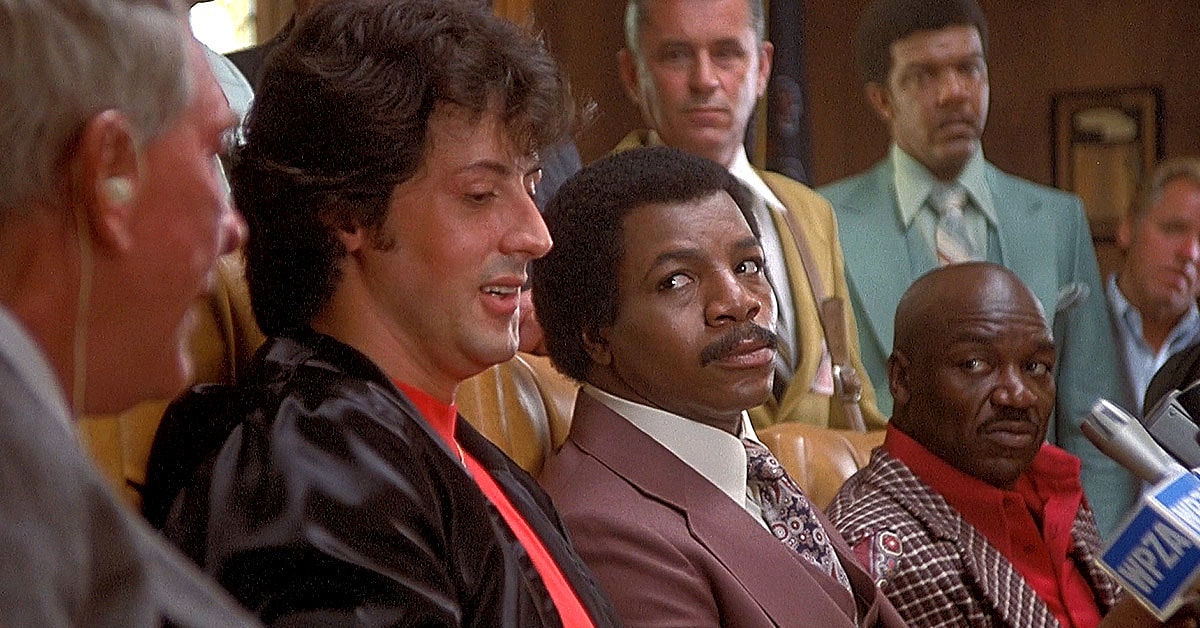
This might have had something to do with his desire to become an actor, an extension of his love for the arts, which he was interested in from a very young age. According to Weathers, that was a difficult premise, given the hard nature of life in New Orleans. In contrast to his macho movie persona, Carl Weathers was, in fact, a shy kid who enjoyed singing in the choir, rather than cracking skulls on the streets.
“Certain things I was drawn to, like doing a little acting or singing in the choir, had no credibility on the street. And I was too ignorant and intimated to try to explain why they seemed valuable to me. The other guys would say, ‘What is this, man?’ and all I could do was mumble.” the late actor remarked.

Weathers moved to California following his junior year at a prestigious private school, which changed his perception drastically. In contrast to the Deep South racial segregation politics of the Democratic Party at that time, California represented an idealistic dream of racial harmony, where, according to Weathers, “All of a sudden I was in a place where black kids and white kids sat together and played ball together. It was like some kind of fantasyland.”
Weathers’ iconic acting career began when he fibbed about his acting credits, and cameos in films like Dirty Harry, in order to get his foot in the door and seize his opportunities. Ironically, his first appearance on film was a blink-and-you’ll-miss it part as a protester in that film’s sequel, 1973’s Magnum Force. However, he also understood the need to put in the hard work necessary to become a successful actor.
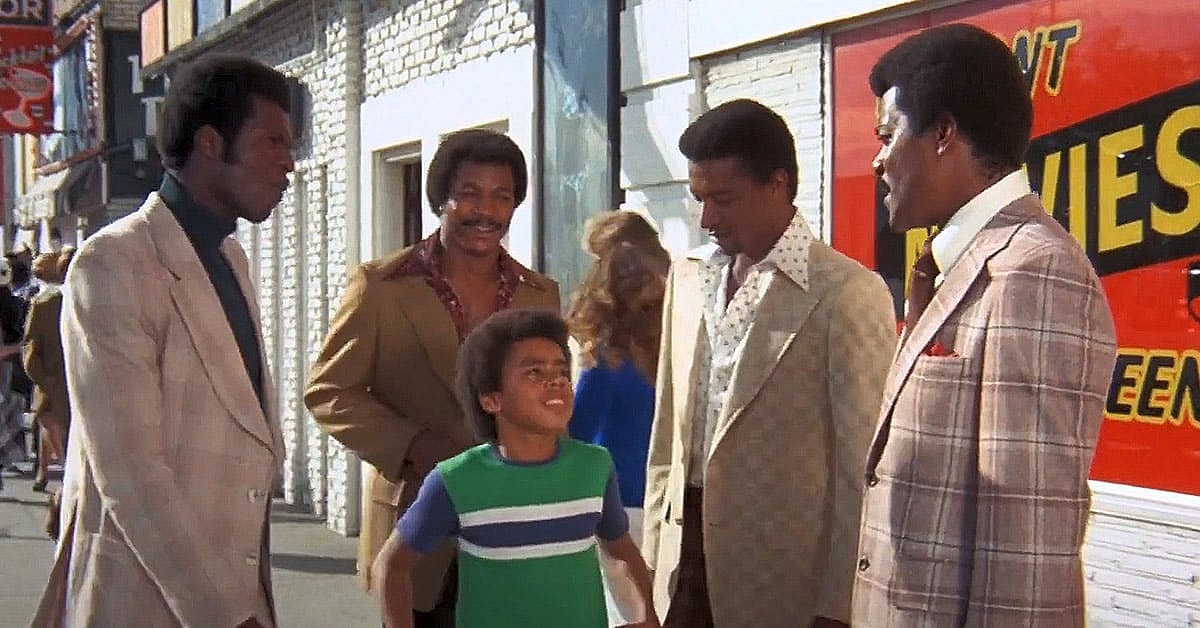
“Naturally, you’ve got to be prepared to deliver at some point. Actors do it all the time. ‘Sure I’ve played that, sure I can do that.’ At least it can get the opportunity to prove that you can’t.” he claimed. Weathers would appear in commercial spots and extra parts before landing the role of Hambone in 1975’s blaxploitation flick Bucktown, which set him up to nab the most pivotal role of his career.
When 1976 rolled around, Weathers was already tapped to play Sylvester Stallone’s opposing force in the seminal classic Rocky. The character was Apollo Creed, a tough-as-nails, larger-than-life world heavyweight champion willing to give a local contender a chance to challenge him in the ring. Meanwhile, down-on-his-luck Rocky Balboa seizes the opportunity and trains hard to face Creed in the ring, where he goes the distance, losing to Creed by way of a split decision.
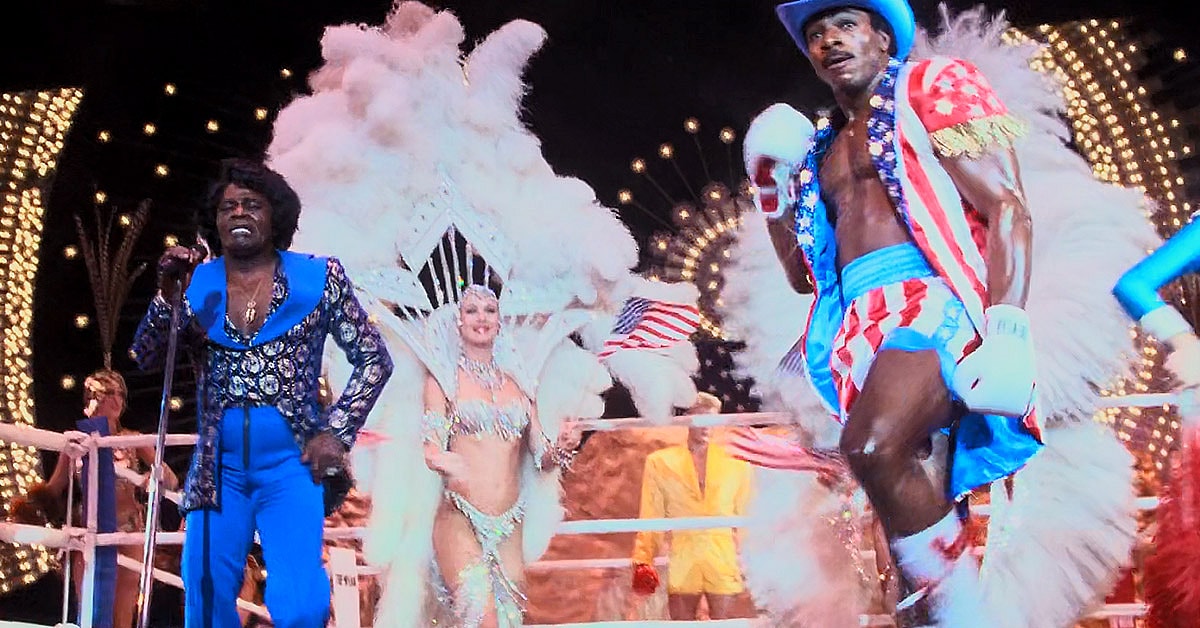
It didn’t take long for a sequel to be greenlit, with Stallone and Weathers squaring off again, this time for all the marbles. Though it didn’t gross as much as the original film, Rocky II was arguably a superior film, fleshing out both characters, while shining a lens on Apollo Creed, specifically. Weathers would reprise the role two more times, first in Rocky III, where he trains Balboa to defeat the menacing Clubber Lang, and Rocky IV, where he dies tragically during an exhibition match with the towering Ivan Drago.
However, it was Creed’s ultra-patriotic persona that hit a note with fans of the franchise, regardless of their skin color or demographic. Apollo Creed was unapologetically American, flying the stars and stripes wherever he could manage. The Ultimate Director’s Cut of Rocky IV expands on this patriotism openly by exploring Creed’s reason for fighting Ivan Drago – to tackle anti-American Soviet propaganda, head-on.

Creed also believed in the American dream, much the same way as his real-life counterpart did. For all his difficulty growing up in a racially segregated south, Weathers embraced racial harmony, while brushing off detractors who criticized the character of Apollo Creed. “Everybody pays his dues, does what he can with what’s available. Maybe there will be some cause for resentment, some kind of backlash, but that’s totally out of my control, and has no bearing on my performance.” said the actor.
Following his exit from the Rocky franchise, Weathers next made a huge splash in the timeless 1987 sci-fi action film Predator, where he played the role of Dillon, opposite Arnold Schwarzenegger. In the film, Dillon is a former special forces soldier-turned-CIA operative who becomes corrupted by his new job, only to realize his error and seek redemption in the semi-final act of the film, buying his squad valuable time.
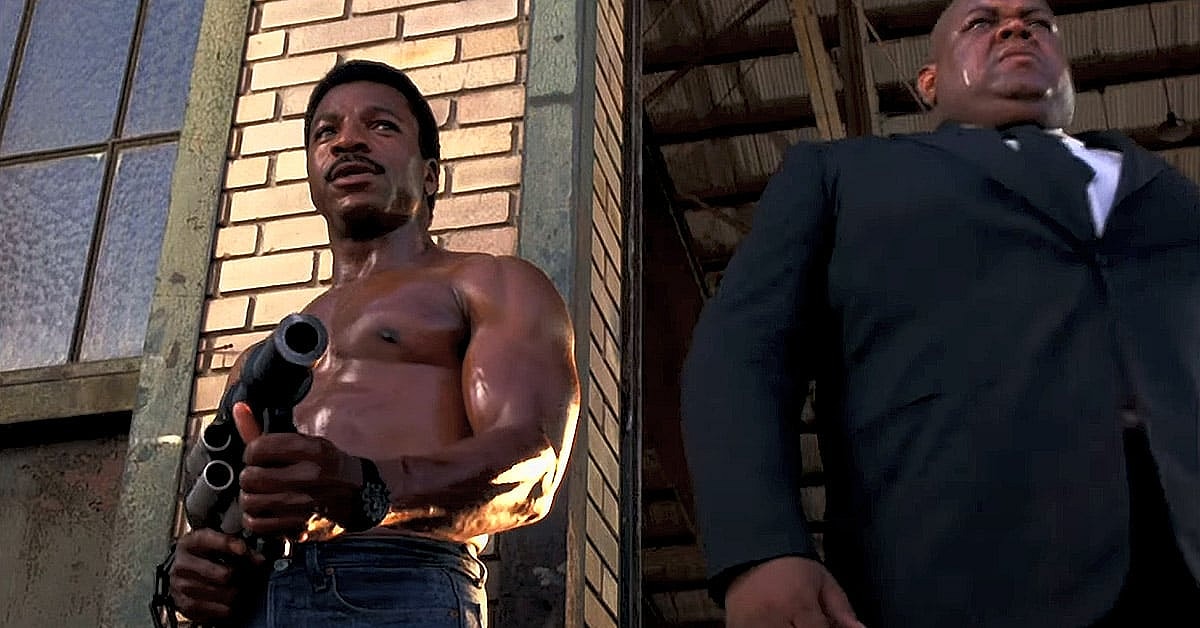
RELATED: Rocky IV Actor Dolph Lundgren Reminisces On Playing Ivan Drago, Teases Spinoff
He’d follow that film up with his signature standalone 1988 action flick Action Jackson, co-starring Craig T. Nelson and Sharon Stone. It was a surprise hit, netting $65 million vs. a $7 million dollar budget, despite lackluster critical reviews. Next, Weathers would visit the land down under to film 1992’s Hurricane Smith, while making appearances on TV shows like Dangerous Passion, Street Justice, and the critically acclaimed In The Heat Of The Night.
After starring in the Adam Sandler comedy films Happy Gilmore and Little Nicky, Weathers would see his big screen film career decline as he transitioned into the 2000s. However, he was still finding roles on hit shows like ER, Law & Order: SVU, and Arrested Development. His career got an extra jolt in 2019 when he voiced Combat Carl in Pixar’s Toy Story 4, and starred as Greef Karga in Disney’s Star Wars spinoff series The Mandalorian.

To many fans, Carl Weathers will forever remain an icon of cinema and pop culture, with a down-to-earth personality backed by a friendly smile. The actor has forever maintained a sense of humble gratitude, which has translated into an on-screen persona that defies even the arrogant and cocky characters he has played, such as Apollo Creed.
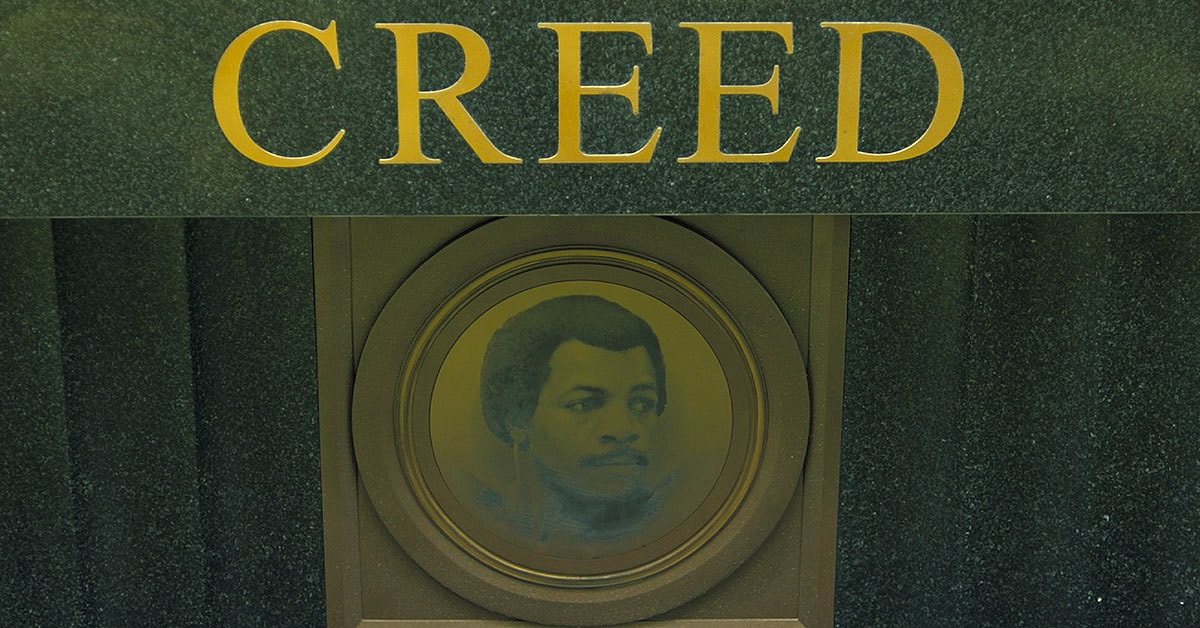
“God knows I don’t have it all together, but I’ve learned that not doing what you want to do will limit the success you can have. I like to think old John Wayne knew that. He had his ups and downs, but there was a full life, a real career. He didn’t have to sign out full of regrets.” Weathers said in the 1979 interview with WaPo. “I’d rather die and go to hell right now than live and end up staring in the mirror someday and saying, ‘Were you ever full of . . . ! You blew it, man!”
Clearly, he did not.
NEXT: ‘Star Trek’ Actor Gary Graham Passes Away At 73 Years Old
